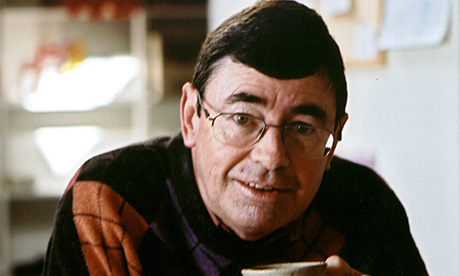There came a time for Jesus the Christ to conclude his earthly ministry and return to his place with his Abba/Father.
I would invite you to reflect on two paintings of this moment of Ascension. In these paintings, rather than focusing on the departure of Jesus, focus on the remaining community.
The first is titled, “The Ascension of Christ” and is by the German artist Hans Suess Von Kulmbach. Painted in 1513, the picture now hangs in The Metropolitan Museum of Art, New York, NY.
What I find striking is very little of the ascending figure of Jesus, the Christ, is visible – shins and a pair of bare feet!
What is in sharp focus is those gathered to farewell Jesus.
Maybe, that is the point of the Ascension story; not the one departing but rather those staying.
This is highlighted by the second artwork. Painted sometime in the 18th Century by Hans Stiegler, it is part of a diptych in the North Gallery of the Amandus Church, Freiberg, Germany.
Certainly, more of the person of Jesus the Christ is visible, however, a close inspection of the painting reveals he is leaving his shoes behind!
The world is a particularly ‘funny’ place at the moment.
Maybe, the shoes have been left for us to fill, and rather than looking skyward, we are invited to step into the shoes of the other.
The 16th Century Spanish mystic St Teresa of Ávila may provide us with an answer. There is a prayer attributed to Teresa which is published under the title, “Christ has no body now but yours”.
I’ve adapted the prayer swapping out “yours” and substituting it with “mine.”
Christ has no body now but mine.
No hands, no feet on earth but mine.
Mine are the eyes through which he looks compassion on this world.
Mine are the feet with which he walks to do good.
Mine are the hands through which he blesses all the world.
Mine are the hands,
mine are the feet,
mine are the eyes,
I am his body.
Christ has no body now on earth but mine.
- Gerard Whiteford is Marist priest; retreat facilitator and spiritual companion for 35 years.
